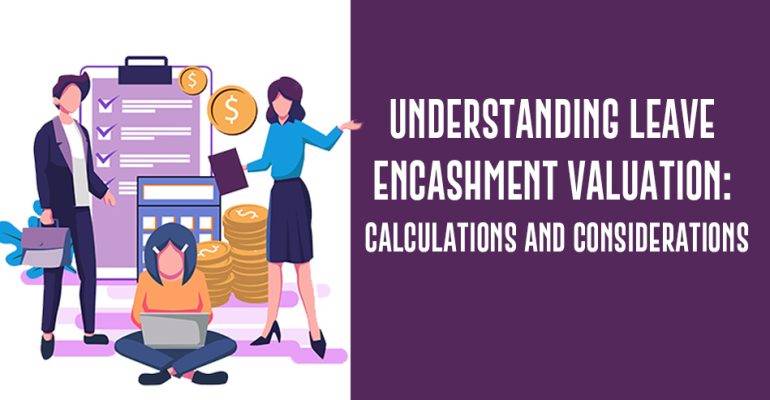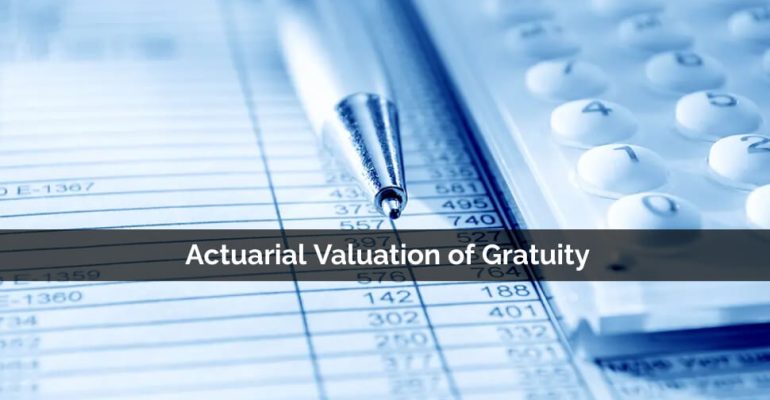
Leave encashment refers to the practice of an employer compensating an employee for the unused leaves or vacation days upon retirement, resignation, or termination. It is an important aspect of employee benefits and requires careful valuation to ensure accurate financial
Continue Reading
Leave encashment is a common practice in many companies where employees are paid for unused leave days. While this practice can be a great way to reward employees and improve morale, it can also be a significant expense for companies
Continue Reading
Leave Encashment Valuation Every salaried person, as per labor law, is entitled to a minimum number of paid leave every year, however, it is not necessary that an individual employee utilize leave balance at the time of retirement or resignation
Continue Reading
The Actuarial Valuation of Gratuity is a method of valuing the value of an employee’s pension liability. It is used to determine how much money employers will have to pay out in pensions. The Actuary determines how much an employer
Continue Reading
What is IND AS 19? The Goal of the Indian Accounting Standard Ind AS 19 is to establish accounting and disclosure requirements for employee Benefits. Accounting according to Ind AS 19 criteria comprises both recognition and measurement. Furthermore, the accounting
Continue ReadingWhat is a Warranty? A Warranty is a form of guarantee given by a manufacturer or other similar entity on the condition of their product. It also refers to the conditions and circumstances under which repairs or exchanges will be
Continue ReadingFunding a Gratuity Scheme Gratuity is a portion of such a worker’s remuneration that is paid by his or her company in exchange for such tasks or services that the worker has provided to the organization. Funding a Gratuity Scheme.
Continue ReadingESOP Valuation – It’s a short position, which ensures that companies in an employee share scheme (ESOP) have no obligations as well as the ability to buy the equity assets at a specified price on a pre-determined date. This is
Continue ReadingFair market value is the estimate where a resource may sell on the market (FMV). Fair market value has come to signify the cost of assets under the following general set of conditions: Basic knowledge about FMV: Understanding and learning
Continue ReadingAccrued Expense Journal Entry – An accrued expense journal entry is formed by tracking expenditures incurred by a firm but not recompensed in that accounting cycle. The expenditure debiting and the accumulated liabilities credit balance. When a company clears up
Continue Reading